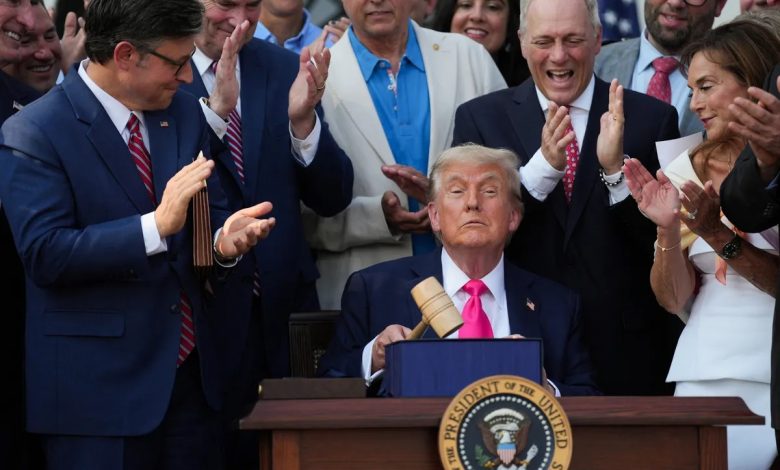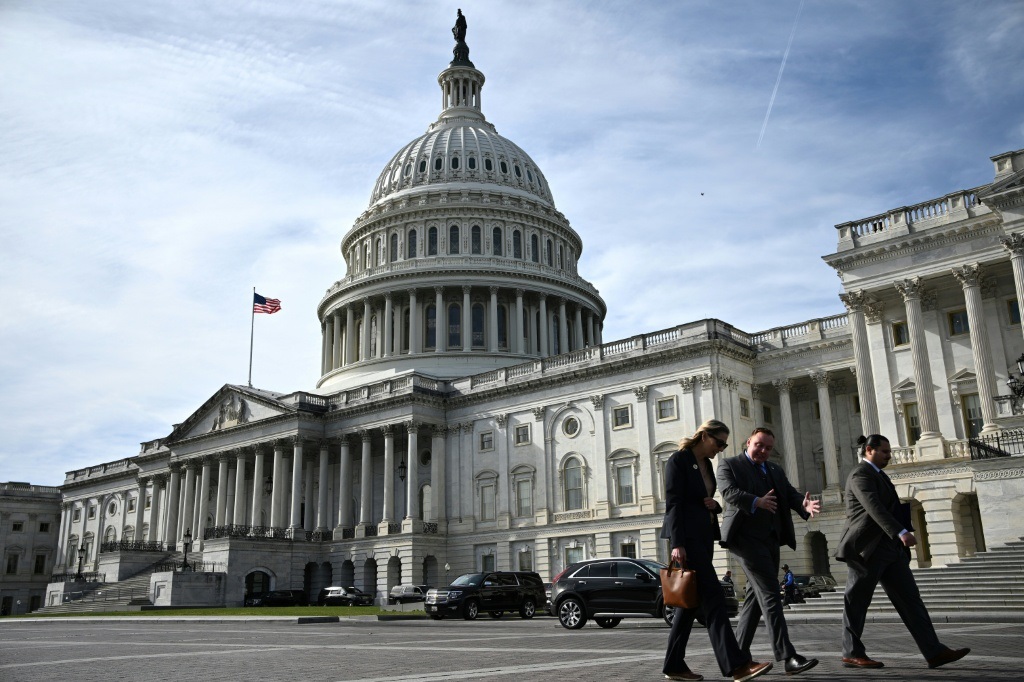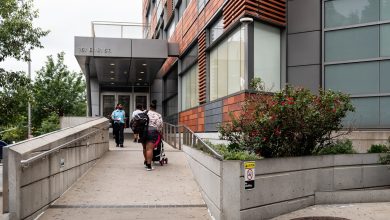Trump Hits Historic Low in Approval Ratings Amid Federal Shutdown Fallout
After 20 Consecutive Days Without Positive Polls, Trump Faces Intensifying Public Disapproval.

President Donald Trump has recorded an unprecedented decline in his political standing, spending twenty consecutive days without registering positive approval ratings in any major polls.
This marks the longest such stretch since the start of his second term, with the last positive net approval recorded on October 22, according to RMG Research. This surpasses his previous record of fourteen consecutive days between June and July.
The slump comes amid the impact of the longest federal shutdown in U.S. history, which disrupted government services and left hundreds of thousands of workers unpaid, fueling public anger toward the administration.
Trump’s Approval Ratings Plummet Amid Historic Federal Shutdown
Recent RMG Research polling shows that 46% of voters approve of Trump’s performance, compared to 51% disapproving, reflecting a net negative of five points. Earlier surveys indicated a net negative of one point, suggesting a rapid expansion of disapproval.
The decline is consistent across multiple polling organizations. Morning Consult recorded Trump’s worst net approval in his second term at minus ten points. Other polls from Quinnipiac, YouGov/Economist, Ipsos/Reuters, and Navigator Research report disapproval rates ranging from minus fourteen to minus eighteen points, reflecting widespread agreement on his waning popularity.
Public frustration has intensified over the administration’s handling of the shutdown. A YouGov/Economist poll reported that 58% disapproved of Trump’s approach, a five-point increase since early October. The shutdown also disrupted thousands of flights and forced the U.S. Department of Agriculture to use a $4.65 billion emergency reserve to maintain the SNAP food assistance program, though benefits were temporarily reduced to two-thirds for over 42 million recipients. Federal courts ruled the cuts illegal and ordered full restoration, prompting the administration to defend its position through legal and political channels.

Political Fallout Intensifies as Shutdown Persists
Trump, via Truth Social, blamed Democrats for continued pressure on food assistance, while House Democratic leader Hakeem Jeffries accused the president and Republicans of “weaponizing hunger” to gain leverage in budget negotiations. Despite legislative efforts to end the shutdown, disputes remain, including funding extensions for the ACA health program.
Signs of resolution appeared when the Senate approved a temporary government funding bill through January, marking a potential step toward ending the historic shutdown. The bill now moves to the House for a vote before heading to Trump for signature.
A HarrisX survey highlights the political fallout: 37% of respondents said the shutdown made them more likely to vote Democrat, compared to 36% leaning Republican, indicating a deeply divided electorate.



